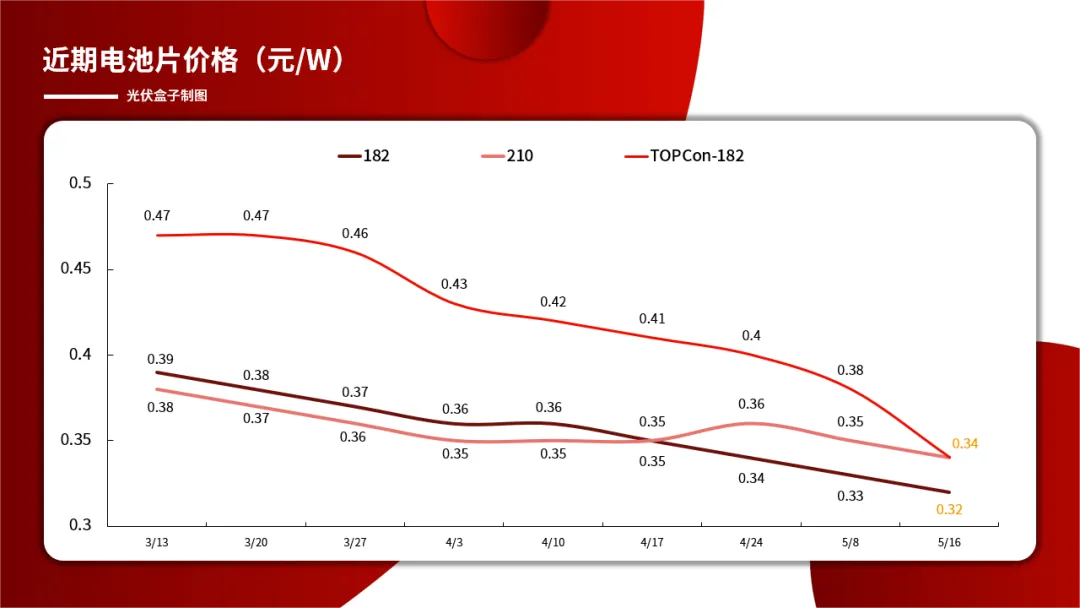Solar Panel Options for Every Need | Eco-Friendly Energy Solutions
Exploring Solar Panel Options A Guide to Choosing the Right System
As the world moves toward sustainable energy solutions, solar panels have emerged as a popular choice for homeowners and businesses alike. With a variety of options available on the market, understanding the different types of solar panels and their unique features can help you make informed decisions that best suit your energy needs and budget.
Types of Solar Panels
There are three main types of solar panels to consider monocrystalline, polycrystalline, and thin-film.
1. Monocrystalline Solar Panels These panels are made from a single crystal structure and are known for their high efficiency and sleek appearance. They typically offer the highest power output per square foot, making them ideal for homes with limited roof space. However, monocrystalline panels tend to be more expensive compared to other options.
2. Polycrystalline Solar Panels Made from multiple silicon crystals, polycrystalline panels are often more affordable than their monocrystalline counterparts. These panels have a slightly lower efficiency rate but still provide an effective solution for residential and commercial installations. They are a good choice for those looking for a balance between cost and efficiency.
3. Thin-Film Solar Panels This type of panel is made from layers of photovoltaic material that are much thinner than traditional panels. While thin-film panels are less efficient and require more space to produce the same amount of energy, they offer advantages such as lightweight designs and flexibility. This makes them suitable for a variety of applications, including unconventional surfaces.
Factors to Consider When Choosing Solar Panels
solar panel options

When selecting solar panels, several factors should be taken into account
- Efficiency The efficiency rating of a solar panel indicates how well it converts sunlight into energy. Higher efficiency panels generate more electricity in a given space, which can be crucial in areas with limited installation space.
- Cost Budget is often a primary consideration. While the initial investment for solar panels can be substantial, many governments offer tax incentives, rebates, and financing options that can alleviate costs over time.
- Durability and Warranty Solar panels are designed to endure harsh weather conditions, but some are better than others. Check the warranty period, which typically ranges from 10 to 25 years. A longer warranty can provide peace of mind regarding the longevity of your investment.
- Aesthetics For many homeowners, the appearance of solar panels can be a deciding factor. Monocrystalline panels, for example, usually have a more uniform and visually appealing look compared to polycrystalline panels.
Conclusion
Choosing the right solar panel system requires careful consideration of your specific needs, budget, and space availability. By understanding the different types of solar panels and evaluating the key factors, you can make a decision that not only reduces your energy bills but also contributes positively to the environment. As we continue to embrace renewable energy sources, solar panels represent a wise investment for the future.
-
Unlocking Energy Freedom with the Off Grid Solar InverterNewsJun.06,2025
-
Unlock More Solar Power with a High-Efficiency Bifacial Solar PanelNewsJun.06,2025
-
Power Your Future with High-Efficiency Monocrystalline Solar PanelsNewsJun.06,2025
-
Next-Gen Solar Power Starts with Micro Solar InvertersNewsJun.06,2025
-
Harnessing Peak Efficiency with the On Grid Solar InverterNewsJun.06,2025
-
Discover Unmatched Efficiency with the Latest String Solar InverterNewsJun.06,2025







